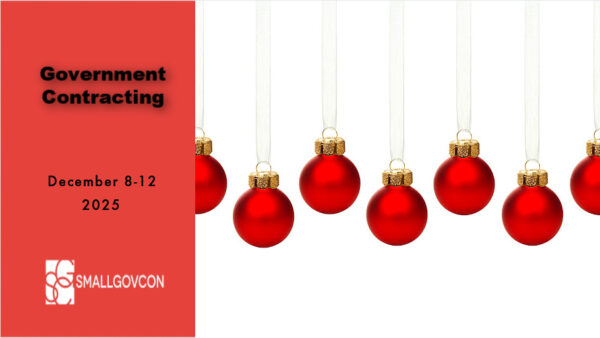In just a few days the ball will drop on 2025 and we will officially usher in the new year. It’s always a good time for reflecting on the past year and what lies ahead for the new year. And that same sort of review is important when thinking about federal contract bid protests. With that in mind, we are going to take a look at the GAO’s Bid Protest Annual Report. This report is GAO’s summary of bid protests for the previous fiscal year. It contains some important insights for how GAO bid protest numbers have changed from prior years. But as our readers know, many bid protests are filed at the Court of Federal Claims, so this is only one part of the overall bid protest picture.
Here are some key points from this year:
- The key effectiveness metric, showing numbers of sustains and corrective actions at GAO, was similar to prior years, and exactly the same as 2024, at 52% for the 2025 fiscal year.
- Total bid protest numbers were down for the second year in a row, coming in at 1688 new cases filed (a 6% decrease from the prior fiscal year).
Below, we dive into the GAO numbers while comparing to the data we have on COFC protests.
Continue reading…


